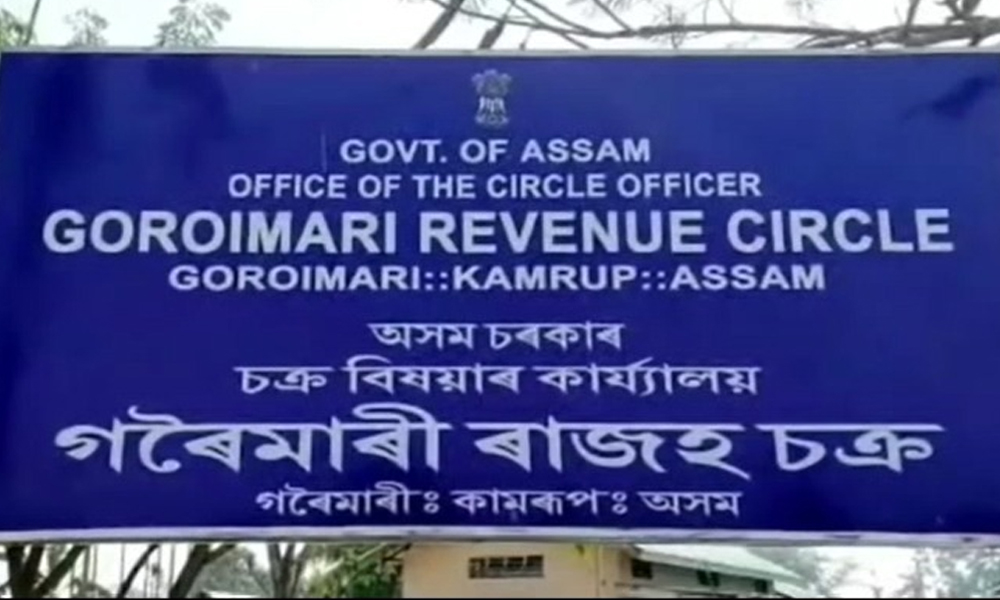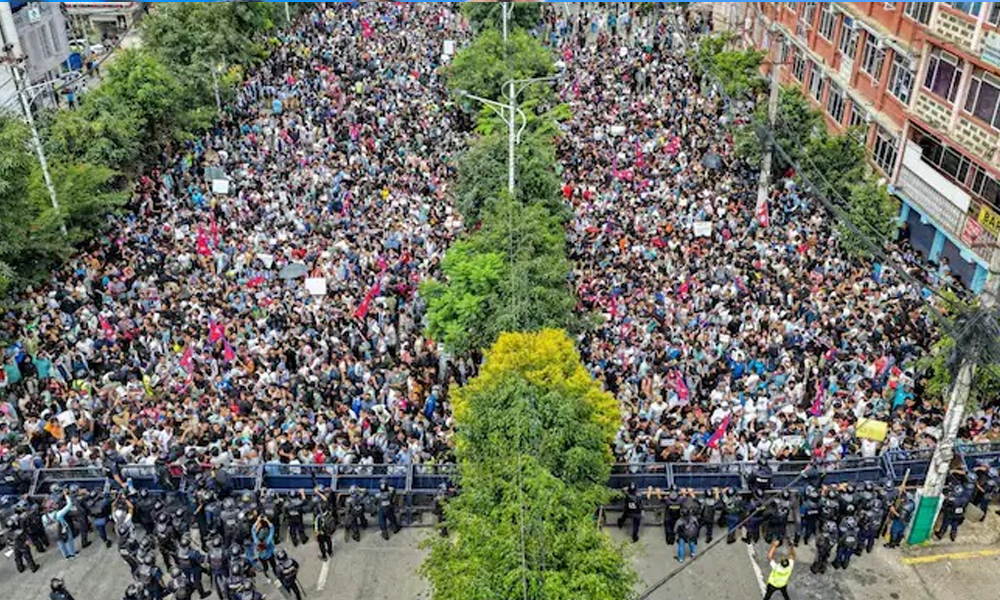Digital Desk: The Karnataka government has shifted its focus to temples and churches, as well as the usage of bells, after cracking down on the use of microphones in mosques during the call to prayer, or 'azan.'
The Environment Protection Act's Noise Pollution Control Rules 2000 have authorized jurisdictional police to issue notices to temples and churches requesting them to maintain decibel levels under control.
The notice specifies the decibel limitations for industrial, residential, and commercial locations during the day and night.
"As is customary, this is done regularly. "All religious and non-religious places have received notices to comply with the directive," a senior police officer stated.
Around Basavanagudi, notices have been issued to Dodda Ganapathi temple, Mallikarjuna Swamy Temple, Bull Temple, and Karanji Anjaneya temple.
Also Read: Hijab Row: Right-Wing Organizations Attempt to Recite Hanuman Chalisa at Taj Mahal
According to the notice, temples have been advised not to violate established decibel limitations for industrial, residential, and commercial sectors during the day and night.
"The standard decibel of sound has been notified under the several categories of places — industrial, commercial, residential, and silent zones," according to the 2010 modified Noise Pollution Control Rules-2000 under the Environment Protection Act 1986. As a result, during maha mangalarati, abhisheka, and other ceremonies involving drums and sound systems, priests must not surpass the standard decibel level," according to a Deccan Herald storey.
After issuing notifications to temples to reduce noise pollution during Aarti and other poojas, the state government of Karnataka has come under fire from its officials and Hindu organizations.
The Karnataka State Pollution Control Board has directed the police to issue notices to temples for infringement of noise pollution restrictions under the Environment Protection Act-1986.













